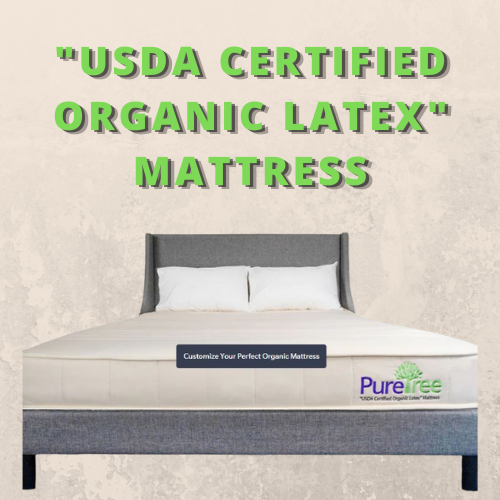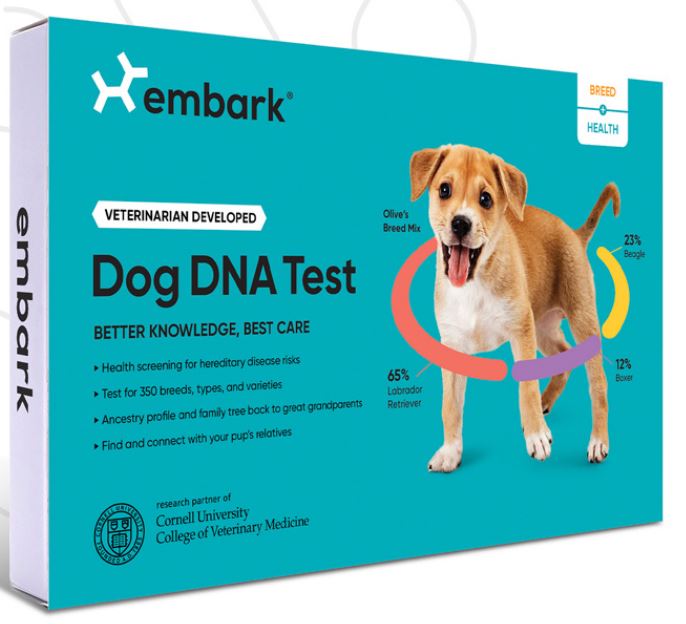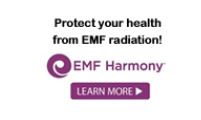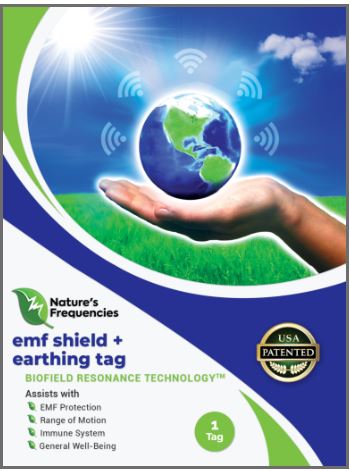About a hundred billion plastic bags are used every year in the U.S. alone. Let’s put that in perspective. One million seconds equals 11 and ½ days while one billion seconds equals 31 and ¾ years. One hundred billion equals more than 3,175 years. That’s not including what the rest of the world uses and trashes. What happens to it?
Incineration or Landfill of Plastic Bags is a Health Hazard
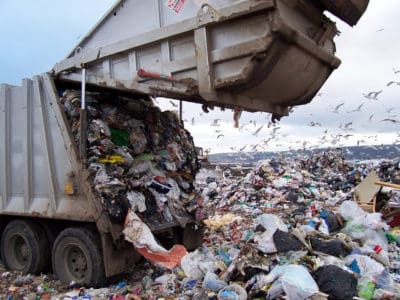 Burning plastic eradicates it but burning releases noxious chemicals and creates a significant public health risk. The environmental and health impacts of waste incineration rely on the incinerator design and emissions technologies.
Burning plastic eradicates it but burning releases noxious chemicals and creates a significant public health risk. The environmental and health impacts of waste incineration rely on the incinerator design and emissions technologies.
The big problem is that plastic bags don’t biodegrade. The estimates are that plastic bags can take 10-1000 years to decompose and they break down into tiny particles releasing harmful chemicals into the surrounding soil, which can then seep into groundwater or other surrounding water sources that contaminate our soil and water. Otherwise they blow off landfills and trash receptacles and wind up in waterways and oceans and seas.
Plastic Bag Litter in Oceans is Larger than the State of Texas
 Once they become litter, plastic bags find their way into our streets, parks, beaches, and waterways, ending up in the ocean. Tens of thousands of whales, birds, seals and turtles are killed every year from plastic bag litter in the marine environment as they often mistake plastic bags for food. Plastic bags, once ingested, cannot be digested or passed by an animal so it stays in the gut. The pollutants they contain become more concentrated as they work their way up through the food web, all the way to top level predators such as sharks, seals and polar bears and large fish for human consumption.
Once they become litter, plastic bags find their way into our streets, parks, beaches, and waterways, ending up in the ocean. Tens of thousands of whales, birds, seals and turtles are killed every year from plastic bag litter in the marine environment as they often mistake plastic bags for food. Plastic bags, once ingested, cannot be digested or passed by an animal so it stays in the gut. The pollutants they contain become more concentrated as they work their way up through the food web, all the way to top level predators such as sharks, seals and polar bears and large fish for human consumption.
As plastics break apart in the ocean, they also release potentially toxic chemicals such as Bis-Phenol A (BPA), which can then enter the food web. The toxic chemicals that leach out of plastic are found in the blood and tissue of nearly all of us. Studies have shown that exposure to them is linked to cancers, birth defects, impaired immunity, endocrine disruption and other ailments.
So, let’s recycle the ubiquitous plastic bags.
Plastic Bag Recycling is a Waste Management Nightmare
 Most people don’t know that the waste management plants cannot recycle plastic bags, no matter what the claims on the package may suggest. Workers manning conveyor belts try to pluck out the plastic bags as they roll by, but the sheer quantity is overwhelming. These bags, wraps, and films get tangled up in the sorting machines in facilities. Four to five hours a day, the conveyors come to a grinding halt so that workers can manually cut off the bags jamming the rolling shafts of the equipment. It is hazardous work, slows the systems, drives up the costs, and undermines production and quality of the other materials that are to be reborn into new products.
Most people don’t know that the waste management plants cannot recycle plastic bags, no matter what the claims on the package may suggest. Workers manning conveyor belts try to pluck out the plastic bags as they roll by, but the sheer quantity is overwhelming. These bags, wraps, and films get tangled up in the sorting machines in facilities. Four to five hours a day, the conveyors come to a grinding halt so that workers can manually cut off the bags jamming the rolling shafts of the equipment. It is hazardous work, slows the systems, drives up the costs, and undermines production and quality of the other materials that are to be reborn into new products.
Plastic Bags Can’t Be Recycled in Your Curbside Recycling Bins
Communities give the message that #2 and #4 plastics are recyclable. And well-intentioned companies with sustainability goals put the recycling logo on their plastic bags, which are either #2 (high-density polyethylene used for thicker shopping bags) or #4 (low-density polyethylene used for clear produce bags) plastics, but they are not recyclable in waste management facilities. Making matters worse, plastic bags are used to carry things and therefore are often sullied with food or other products that then contaminate the rest of the stream.
 To be clear, the community refers to #2 and #4 rigid plastics like bottles and jugs. So, don’t use plastic bags to hold your recyclables. Empty them into the recycling bin and then toss the bag into the regular trash.
To be clear, the community refers to #2 and #4 rigid plastics like bottles and jugs. So, don’t use plastic bags to hold your recyclables. Empty them into the recycling bin and then toss the bag into the regular trash.
You can use paper bags to hold your recyclables. When it comes to disposal, paper bags are accepted in far more curbside programs since, unlike plastic, they biodegrade. They are also an insignificant source of marine debris and don’t choke the animals or get toxic chemicals into the food chain. However, there is a downside to paper bags. When it comes to production, paper bags require 2.2 times more energy and 4.7 times more water to manufacture than plastic bags. Paper bags are also nine times heavier, meaning they use more energy to transport – increasing the costs of shipping.
Recycling Plastic Bags: What You Can Do
 You can take some of these plastic grocery bags to local retail stores where they have recycling collection bins. Some city recycling programs offer plastic bag pick-up or drop-off programs. Where the bags end up, though, is often a mystery. As of 2018 China is no longer accepting our plastic wastes. So, some of these collected bags go into making new plastic film and sheet products, including plastic bags. But it’s more cost effective for plastic bag manufacturers to use new material (fossil fuel) which then puts more plastic bags into the environment. Some of the manufacturers of composite plastic lumber products used for decking will accept clean clear and light-colored bags. Black plastic bags are generally not accepted. This is because the plastic is dyed and produces dark pellets, which limits the reprocessing options. You can’t send your own plastic bags to these companies. Check to see if the retailers offering plastic bag recycling have contracts with these up-cycling companies.
You can take some of these plastic grocery bags to local retail stores where they have recycling collection bins. Some city recycling programs offer plastic bag pick-up or drop-off programs. Where the bags end up, though, is often a mystery. As of 2018 China is no longer accepting our plastic wastes. So, some of these collected bags go into making new plastic film and sheet products, including plastic bags. But it’s more cost effective for plastic bag manufacturers to use new material (fossil fuel) which then puts more plastic bags into the environment. Some of the manufacturers of composite plastic lumber products used for decking will accept clean clear and light-colored bags. Black plastic bags are generally not accepted. This is because the plastic is dyed and produces dark pellets, which limits the reprocessing options. You can’t send your own plastic bags to these companies. Check to see if the retailers offering plastic bag recycling have contracts with these up-cycling companies.
Plastic Bag Recycling Preparation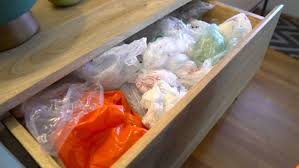
1. Plastic bags, wraps, and films need to be clean and dry when you drop them off them at the store. This means no crumbs, no food residue, no receipts, no packaging, and no liquid inside them. All these items will contaminate your bag load.
2. Keep a bag collection bin in your house, such as one big white or clear garbage bag for all bags. Since they compact easily, you should be able to fit 50 to 100 plastic bags in one garbage bag.
3. Make sure any bags you are recycling have a #2 or #4 plastic symbol on them. If not, you can’t be sure what plastic resin the bag is made from, so you’ll want to reuse it instead, before eventually throwing it away.
BYOB – Bring Your Own Bag
 By far the best and eco-friendliest alternative is to bring your own reusable bags to the store. Every eco-friendly action counts to preserve the health and sustainability of our beautiful planet and all living things. Let’s all do our part.
By far the best and eco-friendliest alternative is to bring your own reusable bags to the store. Every eco-friendly action counts to preserve the health and sustainability of our beautiful planet and all living things. Let’s all do our part.

About Us
As holistic dentists, we've recommended products and services that supported our patients’ health for decades. In experiencing our own health challenges from mercury toxicity, we worked closely with many natural, alternative, and integrative health practitioners who aided our recovery as well as our patients’. We built this site to provide you with a simple-to-use, comprehensive, informational, and functional resource for your physical, emotional, and spiritual health & well-being.










